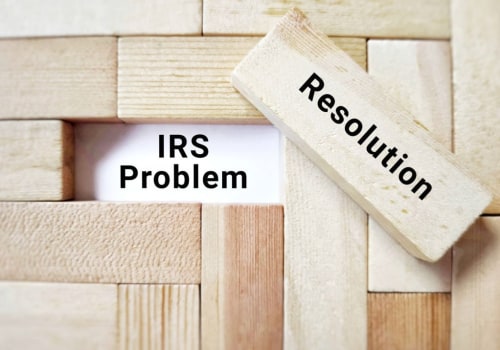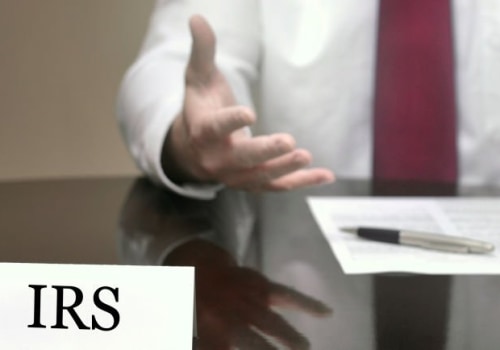The IRS cannot seize assets that you did not own or in which you had no interest at the time the garnishment was enforced. For example, if a family member gives you money and you add it to your bank account after the tax has been issued, these funds are not subject to the fee. If you don't respond to IRS billing notices and work with the IRS to resolve your tax debt, the IRS can seize your property. Even if you think you don't owe the tax bill, you should contact the IRS.
When filed, the Federal Tax Lien Notice is a public document that alerts other creditors that the IRS is enforcing a secured claim against their assets. Credit reporting agencies can find the Federal Tax Lien Notice and include it in your credit report. An IRS lien is not a public record and should not affect your credit report. For more information on levies, see Understanding a Federal Tax Lien.
IRS taxes are usually delivered by mail. The date and time of delivery of the fee is the time when the fee is considered to have been made. In the case of a bank fee, the funds in the account are frozen as of the date and time the fee is received. Normally, the rate doesn't affect the funds you add to your bank account after the rate date.
The IRS will receive the full bonus, since the exempt amount is based on the period of time in which your salaries and bonuses are paid. For purposes of wage collection, the term salary or salary includes compensation for services paid in the form of fees, commissions, bonuses and similar items. Contact the IRS right away to resolve your tax liability and request a tax exemption. The IRS can also release a tax if it determines that the tax is causing immediate economic hardship.
If the IRS rejects your request for tax release, you can appeal this decision. You can appeal before or after the IRS imposes a tax on your salary, bank account, or other assets. Once the garnishment proceeds have been sent to the IRS, you can file a claim to have it returned to you. You can also appeal the IRS denial of your request for the return of the encumbered assets.
For a full explanation of your appeal rights, see Publication 1660, Collection Appeal Rights (PDF). A tax exemption doesn't mean you're exempt from paying the balance. The IRS will work with you to set up a payment plan or take other steps to help you pay off the balance. To ensure quick action, have the fax number of the employer, bank, or other financial institution that is processing the fee handy.



